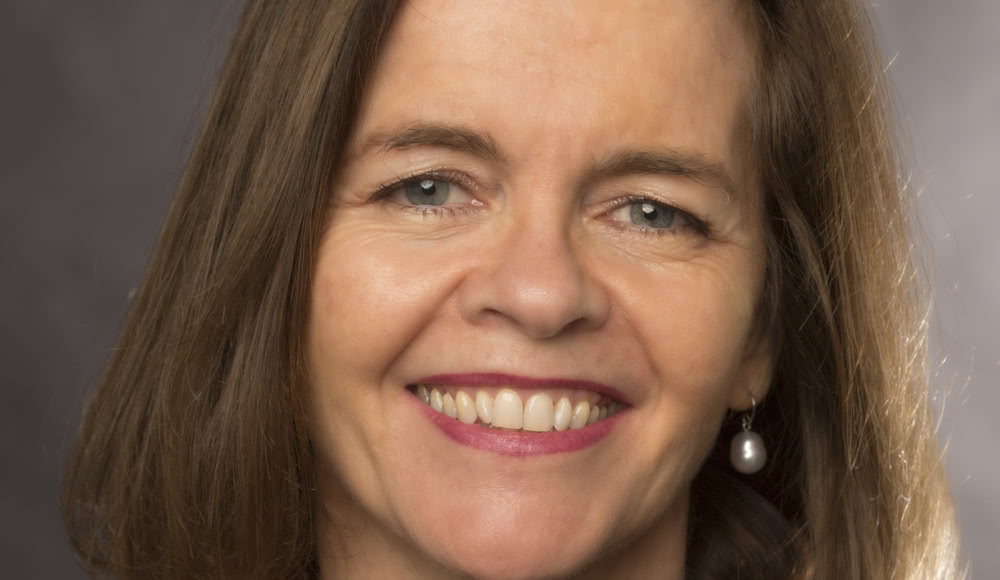LPA’s Evelyn Richardson meets with government, expects shutdown to last up to six months: Exclusive

Representatives from the live music industry met with government this morning (March 17) to spell out the dire situation thousands of artists, staff and companies find themselves in, and to send out the urgent message for help.
“The industry is absolutely in meltdown,” says Evelyn Richardson, CEO of Live Performance Australia, who participated in the hour-long roundtable, led by Paul Fletcher, Federal Minister for Communications, Cyber Safety and the Arts.
A broad group was invited to the session, which gathered reps from industry peak bodies and from across the cultural industries, including museums and galleries.
As the COVID-19 pandemic sends stocks into freefall and several European territories close their borders to try stop the spread of the disease, Australia’s government is taking strict measures to protect its own.
On Monday, prime minster Scott Morrison announced a ban on “non-essential” public gatherings of 500 or more people, and strict new quarantine measures are now placed on arrivals in the country.
It’s a perfect storm for the live industry. Artists and crew can’t get in. And if they did, they couldn’t perform to a crowd.
Earlier this week, LPA warned half a billion dollars or more could be ripped from the live sector, and thousands of livelihoods were at stake. There’s a lot to play for.
As Splendour in the Grass took the extraordinary step of rescheduling to October, TIO caught up with Richardson for an update on the roundtable, the outlook for the industry, and its requests for emergency funding.

Evelyn Richardson
Were there positives from the meeting? Did the government listen to your message?
(Fletcher) was very much in listening mode, which was appreciated. We expect to have more conversations. There wasn’t any indication of another meeting but we expect to continue to talk with his office and his department in the next few days.
He did make the point that any decisions that are taken are to support the broader economy. What we would say is, and I made the point in my opening remarks, that we are working on a basis of a three-to-six months closure period. We need clarity and very clear guidance on timing, so we can prepare for that three-to-six months closure. And then the post recovery phase. We would like a clear statement of support for the culture industry and obviously we need immediate release (of funds).
We are a very large industry sector and of course this is having flow-on effects right across the economy. If you look at culture and cultural industries, entertainment along with tourism and hospitality, we’re a very large component. When it comes time to move into that recovery phase, let’s say its September, our ability to reactivate, that’s going to be challenging. You can open venues but will you have product? Will audiences be confident in going out?
We’re trying to gear up for that now, but we’ve also got a situation where if we’re looking at that closure period, many large companies that won’t survive that. We need an immediate cash injection and all those casuals and contractors and so on to be able to access New Start today or tomorrow to at least be able to give them something to get through. Then we need targeted business measures, which we’re working on, to support as many companies as we can to get through this. Even if we’re in reduced mode, so that when we’re moving into that recovery phase that we’ve got the capacity to respond and react to that.
But there’s no pledge of cash yet?
No. But he did recognise the impact of the bushfires and COVID-19 on the industry. He also recognised the high number of casuals and sole traders and service providers. Right now they’ve gone from income to zero. Cash flow is the biggest problem right now.
Has government given any indication for how long the ban will stand on the 500-plus mass gatherings?
No. But I made the point this morning that we’ve seen New South Wales set it in place for three months and Victoria for one month. We’re working on the basis that it’s at least three months. Possibly 4-6 months.
We see this closure period, this shutdown, as being probably a six-month period.
For more on the impact of Coronavirus globally, visit GlobalCitiesAfterDark.com. And for local news visit ILostMyGig.net.au.
This article originally appeared on The Industry Observer, which is now part of The Music Network.






























